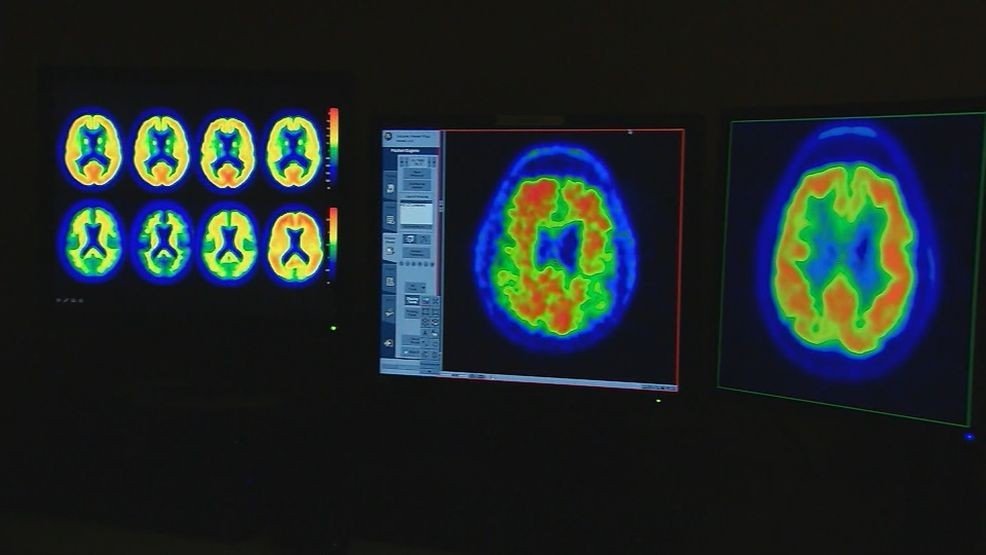Now
63
Tue
81
Wed
89
Adrianna Hopkins
TOPICS:
Washington (7News) — You’ve likely seen the creatine craze on social media, including claims that creatine could be an effective tool for supporting brain health and function in Alzheimer’s disease.
7News’ Adrianna Hopkins spoke with neurologist Dr. Jennifer Pauldurai about the study and what it means for Alzheimer’s patients.
Dr. Pauldurai explained that, in theory, it makes sense. Energy is not being used well in a brain with Alzheimer’s disease. And creatine regulates energy. But she points out that’s one of many layers to Alzheimer’s, and the only FDA-approved medications to SLOW the progression of Alzheimer’s attack the amyloid plaque in the brain that’s causing the disease.
SEE ALSO | Health experts reflect on new FDA-approved Alzheimer's blood test
“Amyloid is often the end product, very downstream effect. So if we think about those other layers, right, what about glucose dysregulation, what about insulin resistance, what about us living sedentary lifestyles? What about all the exposures to head injuries? If we can control all those upstream variables, does that treat Alzheimer's? Not really, but it can help our brain fight off the potential of amyloid buildup. So that's kind of where creatine falls in," Pauldurai said.
She said if creatine is already part of your supplement bundle, great. If not, don’t start taking it with the hopes of fending off brain dysfunction down the road.
A recent study has examined the relationship between creatine and Alzheimer’s. Dr. Pauldurai said the study was small, involving only 20 people, and not extensive or conclusive enough to say that creatine is something everyone should take to improve their brain function.
“The people who took creatine in those studies and that small study were probably already healthy to begin with, right? They're probably the ones who are already exercising," Pauldurai added. "They're probably the ones who are already socially active. So was it the creatine that helped them, or was it all those other things that they did right?"
She said diseases are an accumulation of every choice we make over a lifetime.
She said we should ask ourselves: Is this food that I'm about to eat helping or hurting my brain in the long run? Is this activity, or lack thereof, helping or hurting? How is my mental health? A healthy lifestyle can’t hurt.
